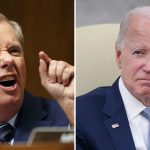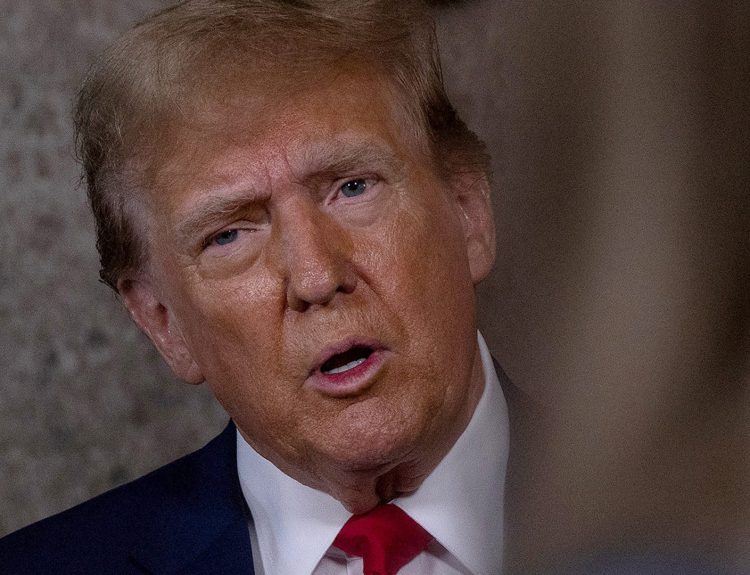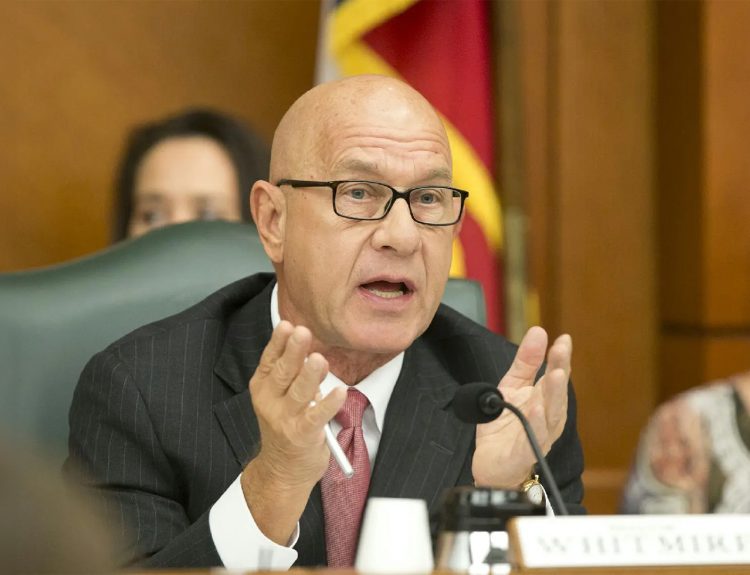A recent appeals court ruling offered a subtle yet noteworthy sign that former President Donald Trump could face disqualification from holding office again due to his unprecedented efforts to unlawfully overturn the 2020 election and cling to power. While not an outright declaration, the language contained possible implications regarding the applicability of Section 3 of the 14th Amendment.
Conservative Judge Identifies Promising 14th Amendment Connections
Retired Judge Michael Luttig, a staunch conservative legal expert, has previously put forward a compelling argument suggesting Section 3 of the 14th Amendment makes Trump expressly ineligible to hold the presidency again. Critically, after analyzing the D.C. Circuit Court of Appeals’ recent high-profile decision to strike down Trump’s assertion of “presidential immunity” from criminal indictment, Luttig now asserts that the ruling contains helpful language that points toward the applicability of the 14th Amendment argument about Trump’s election overturn efforts.
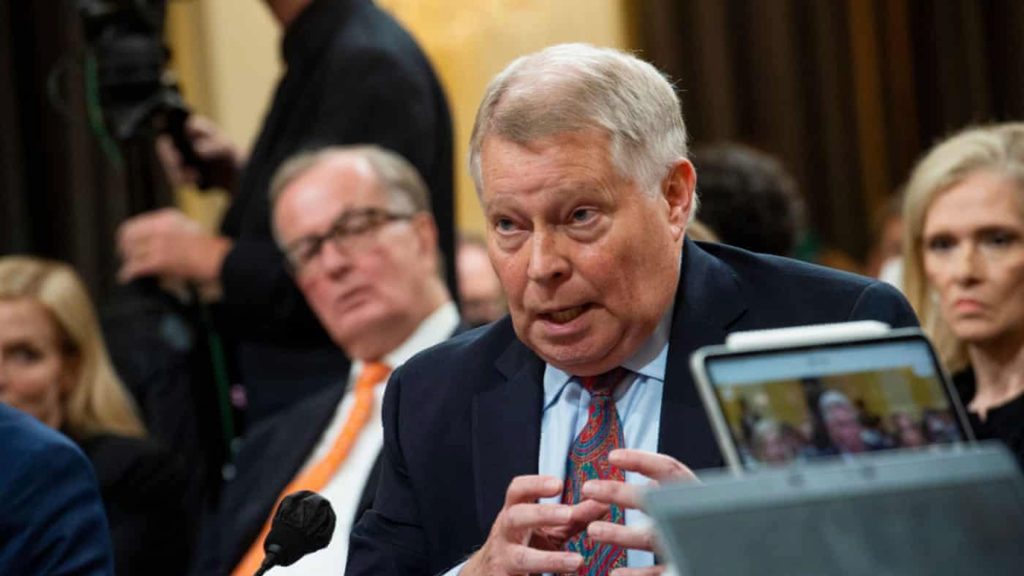
Making an appearance on MSNBC’s “The Last Word With Lawrence O’Donnell” on Tuesday night, Luttig emphasized to host Ali Velshi that specific passages in the D.C. Circuit’s landmark opinion rejecting Trump’s immunity claim involve Constitutional areas that directly bolster and connect to the Section 3 ineligibility case against the ex-president over his seditious pursuits to cling to office against the democratic will of American voters.
High Court Showdown Appears Likely on Horizon
Unlike some other legal experts focused solely on the immunity ruling’s implication for Trump’s criminal exposure, Luttig further anticipates that the Supreme Court will ultimately take up and weigh in on the broader Constitutional questions at stake concerning Trump’s post-election machinations raised by the D.C. Circuit’s decision.

In particular, well before this latest appeals court ruling, Luttig teamed up with other high-powered conservative attorneys last year to co-author an in-depth amicus brief submitted to the Supreme Court. The central argument put forth was asserting that no president under any circumstances can rightfully claim absolute immunity from legal consequences when they take actions aimed at unlawfully blocking the orderly transfer of power laid out under the Constitution.
Peaceful Transfers Identified As Exception to Immunity Claims
Elaborating on CNN soon after the appeal court’s far-reaching immunity rebuke sent shockwaves through Washington, Luttig emphasized: “But if there’s one single instance in which presidential immunity utterly evaporates, it is unambiguously where, as here, Donald Trump has been credibly accused of attempting to unlawfully remain in executive power beyond his elected four-year term and maliciously deprive his duly elected successor – in this country’s case, current President Joe Biden – of formally assuming the reins and constitutional powers of the presidency upon his legitimate, legally certified victory.”

He added, “It is this very context of obstructing an active transition of administrations with all the grave consequences that poses for national security and democracy itself that renders any sweeping assertions of presidential immunity entirely moot and inapplicable.”
Echoes of Colorado Ballot Case Strengthen 14th Amendment Position
Beyond Luttig’s consistent media appearances vocally making the case that Trump should potentially face 14th Amendment consequences, the retired judge and his allied attorneys also directly filed suitability arguments specific to the application of Section 3 in an important Supreme Court amicus filing related to looming Colorado lawsuit centered on whether Trump can permissibly remain listed as a 2024 presidential candidate on Colorado’s ballot.
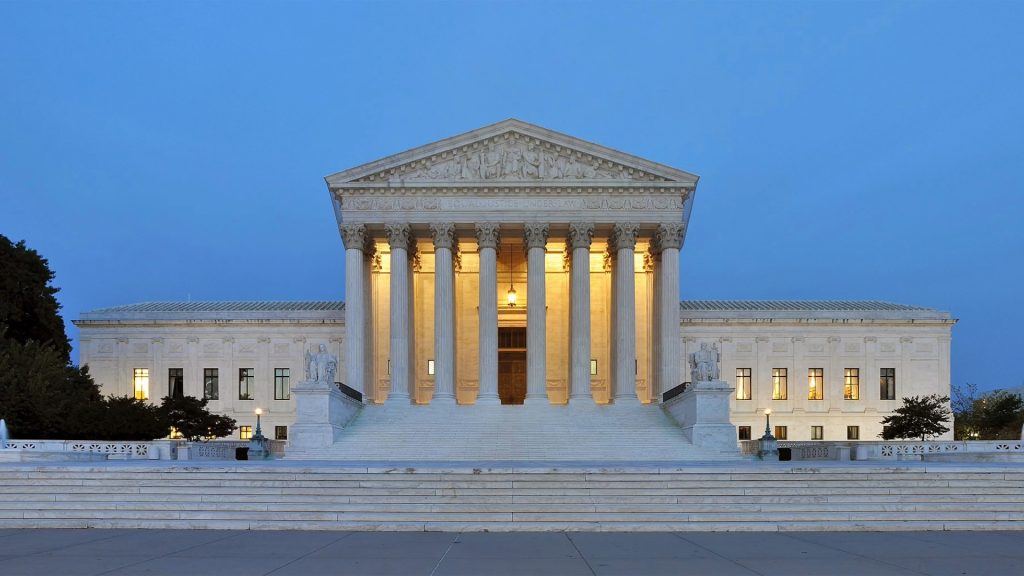
“My colleagues and I also forcefully asserted Trump’s credible violation of Section 3 triggered by his historic post-election attack on the peaceful transfer of power as part of our Supreme Court amicus filing weighing in on the high-stakes dispute over Colorado’s presidential candidate ballot requirements,” Luttig noted during his MSNBC interview Tuesday night.
Court Strongly Hints Trump Actions May Pass Disqualification Threshold
While falling short of outright asserting Trump’s conduct and statements amid his relentless efforts to overturn his electoral defeat render him immediately subject to Section 3 disqualification proceedings or penalties, Luttig maintains the D.C. Circuit’s unanimous ruling still communicates in rather transparent terms that Trump’s post-election conduct could credibly pass the legal threshold triggering such repercussions.
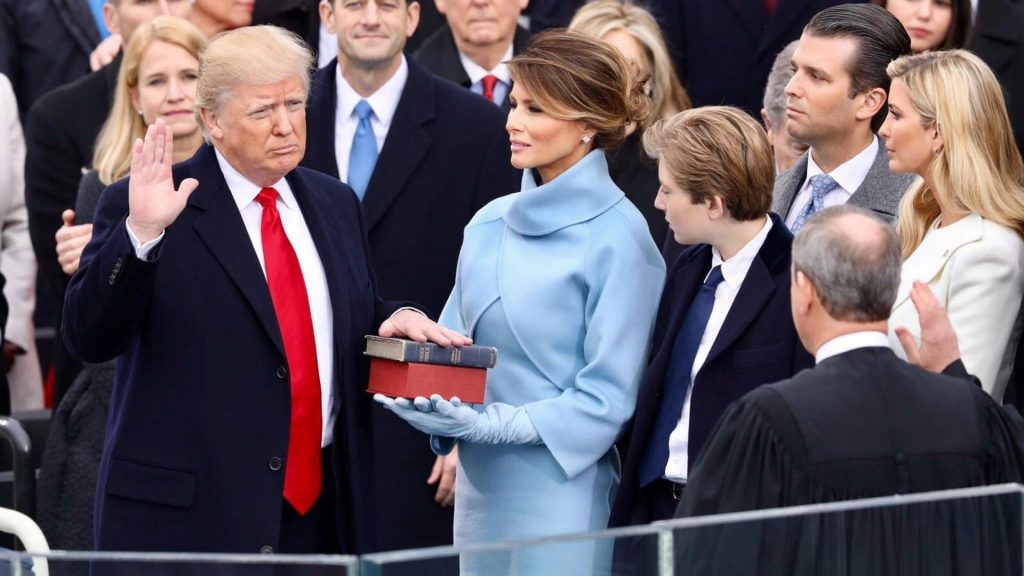
More specifically, the closely parsing actual language used in the appeals court’s immobilizing opinion shutting down Trump’s overarching immunity posture, Luttig called attention to how the panel of judges consciously elected to pointedly reinforce Trump’s specific actions to obstruct the vote certification and transition to Biden’s administration should be viewed as unlawful acts potentially carrying significant legal consequences.
Matter of Trump’s Insurrection Now Before SCOTUS
With the D.C Circuit notably closing its momentous opinion by sternly lecturing Trump that “presidents cannot cling to power illegitimately,” Luttig said the third branch of government has all but finished weighing in on the constitutional showdown, meaning the questions of whether Trump’s schemes indeed constituted an “insurrection” under founding law now squarely rests with the Supreme Court and its nine members alone to adjudicate.
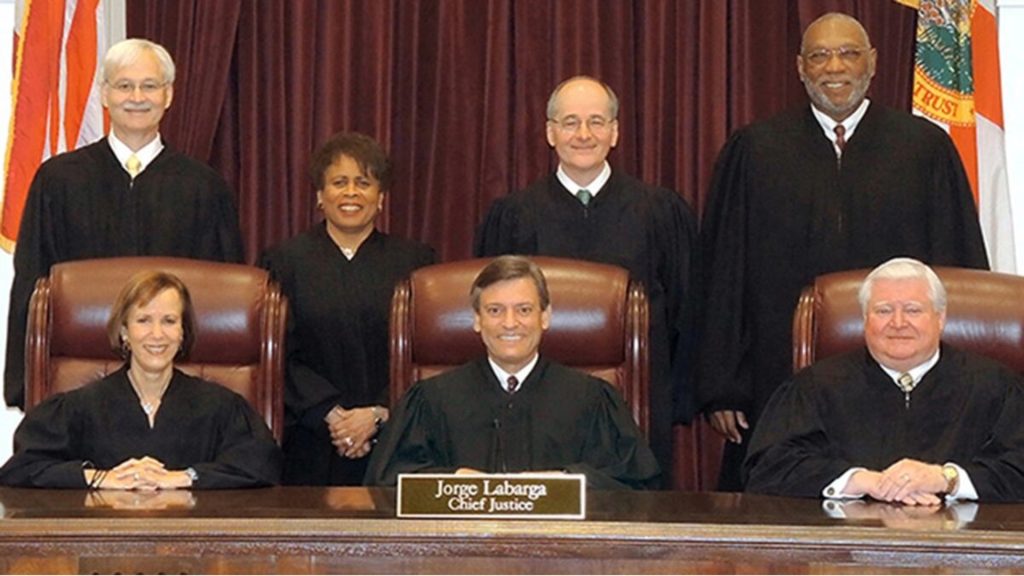
The most vital determination the court must now wrestle with centers on whether Trump’s relentless, multi-pronged crusade refusing to accept his decisive electoral defeat while working feverishly to unlawfully block President Biden from formally assuming power equates to triggering the Section 3 “insurrectionist” guardrails created by Congress in the wake of the Civil War to ensure such threats to orderly democracy would never again be tolerated from high-level federal leadership.
Amicus Briefs Deploy Founding-Era Constitutional Understandings
Seeking to construct a tailored case before the justices arguing that Trump’s conduct – if not his literal language – did probably amount to an “insurrection” or act of “rebellion against the Constitution triggering loss of eligibility for office, the amicus brief spearheaded by Luttig and other right-leaning legal figures pressing for this 14th Amendment outcome makes use of what is commonly referred to as an originalist mode of Constitutional interpretation.
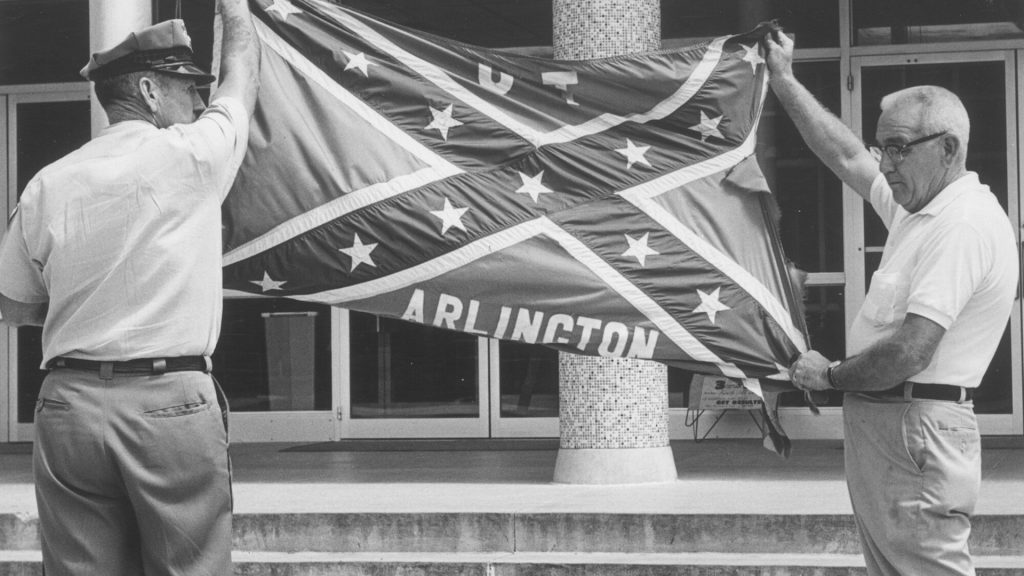
This means heavily relying on how key terminology would been commonly understood by the founding generation during the chaotic post-Civil War period when the relevant provisions were enacted to furnish Republicans controlling the machinery of government means to decisively prevent Confederates officials and other powerful figures who took up arms against established government authority from returning to high federal office without thorough examination of their loyalty or reasonable assurance such figures would not present future threats to the hard-fought union victory or the ban on slavery that rebel leaders refused to accept as settled despite Confederate defeat.
Independent Court Historians Detail Founders’ Deliberations
Bolstering the prevailing originalist-focused arguments presented directly in Luttig’s amicus brief asserting Trump should qualify as a Section 3-barred office-seeker based on original post-Civil War public understanding of the insurrectionist provisions, an additional independent amicus brief filed by a collective of eminent American historians also digs deep into Congressional debates, legislative records and academic analysis from the 1860s political environment when the founding framers drafted, revised and enacted Section 3 to furnish urgent safeguards defending stability and democratic rule in aftermath of the bloody rebellion by forces still clinging to slavery and threats of long-term violence from defiant Confederate loyalists.
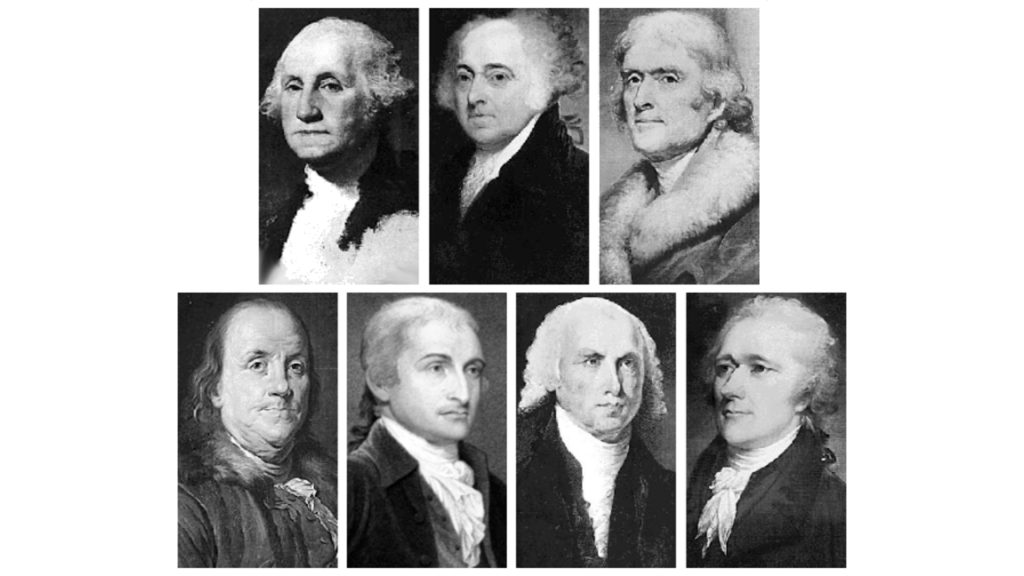
Rather than speculate or cherry-pick convenient quotes, the historian brief offers justices a close examination of key figures’ writings, speeches, and documented understandings that help clarify the precise meanings, contexts, and types of insurrectionist threats the 14th Amendment’s authors had in mind when barring any office-holder from returning to power without approval if they previously took up arms or engaged in rebellion against established United States authority.
Colorado Ballot Dispute to Gauge Trump’s Qualifications
The apex of the entire accountability dispute regarding Trump’s potential 14th Amendment transgressions under the “rebellion against the Constitution” prohibitions is set for this week on Thursday when the Supreme Court has scheduled oral arguments involving a lawsuit stemming from whether Colorado election officials can rightfully bar Trump from appearing as eligible selection on their state’s 2024 presidential ballot in light of accusations his attempts to overturn 2020 results constituted disqualifying misconduct.

While procedural, legal experts contend the Colorado case – which turns over whether Trump remains a constitutionally qualified candidate for president after his 2020 loss or if states possess power under the federal system to restrict ballot access due to rebellion or loyalty concerns – provides the Supreme Court a timely, appropriate opening to directly take up the simmering questions about Trump’s acts to cling to office in defiance of democracy amounting to the exact species of rebellion or insurrection the 14th Amendment’s authors designed Section 3 to decisively halt in its tracks.
Ruling Could Profoundly Shape Trump’s Future
With no hyperbole, rulings handed down in both the appeals immunity decision and upcoming Colorado ballot case stand to profoundly reshape not only Trump’s political and legal fortunes, but the entire 2024 Republican primary terrain should the high court at any stage determine Trump’s relentless attempts to thwart his election loss and peaceful transfer of administrations to successor Biden plausibly triggered – even if unintentionally – little used but clear Constitutional provisions barring from future office without clearance those who engage in the very species of rebellion that Congress wrote into Section 3 during post-Civil War years for express purpose of safeguarding stability should future leaders or powerful faction ever take up metaphorical arms against cornerstone democratic institutions or Constitutional order itself.

All credible evidence affirms the peaceful transition did expeditiously occur exactly as federal law requires, reaffirming the enduring stability of the world’s oldest continuous democracy.



